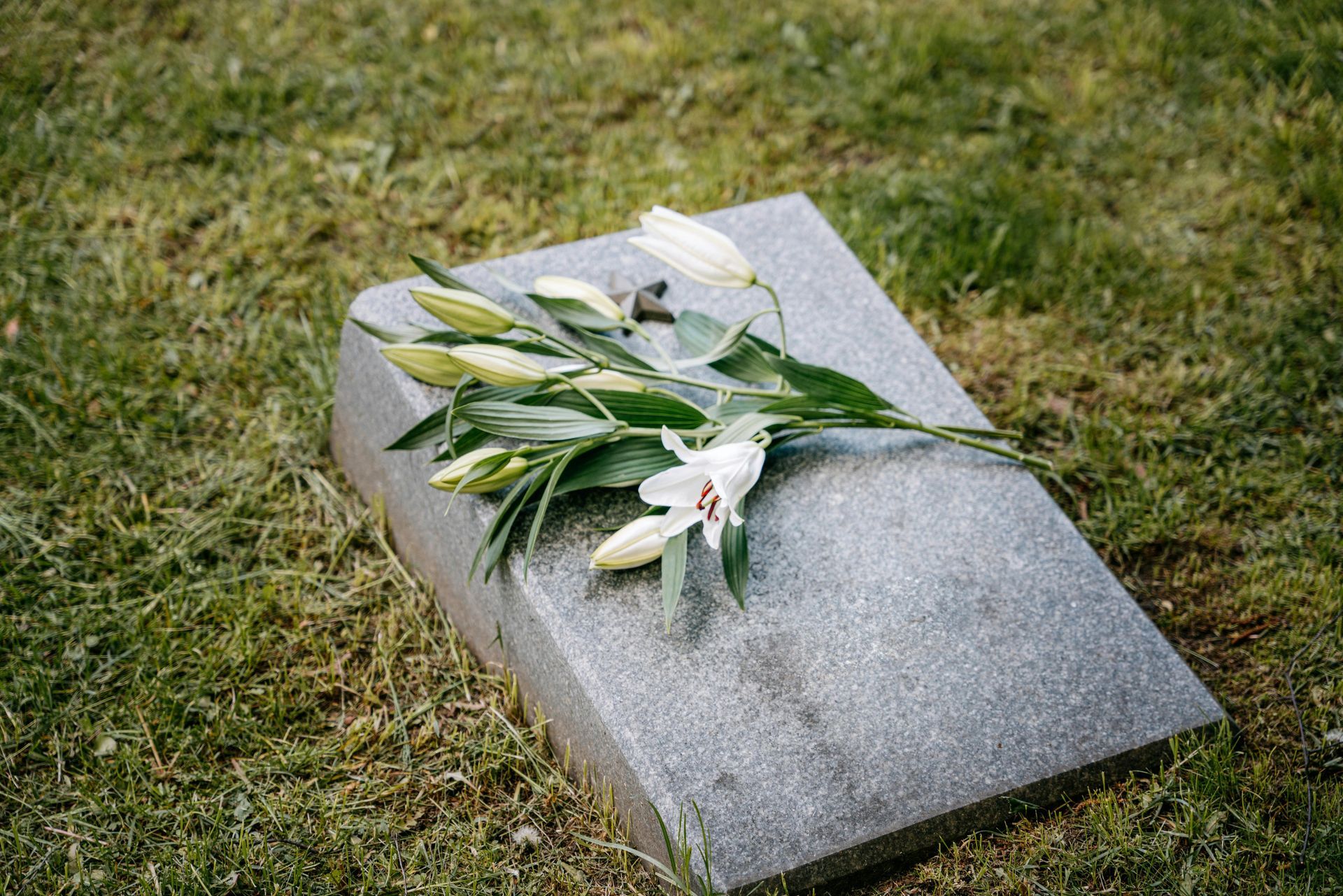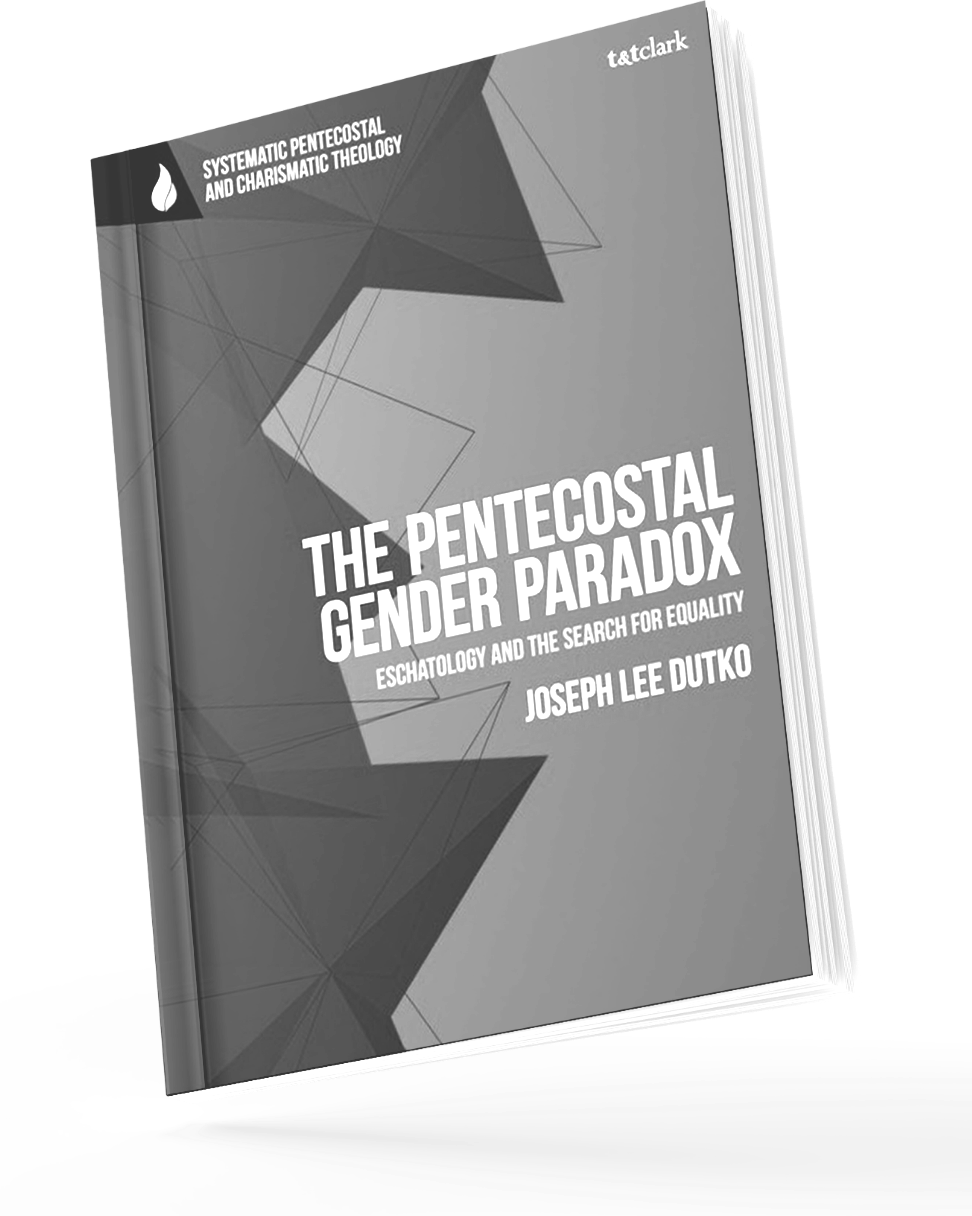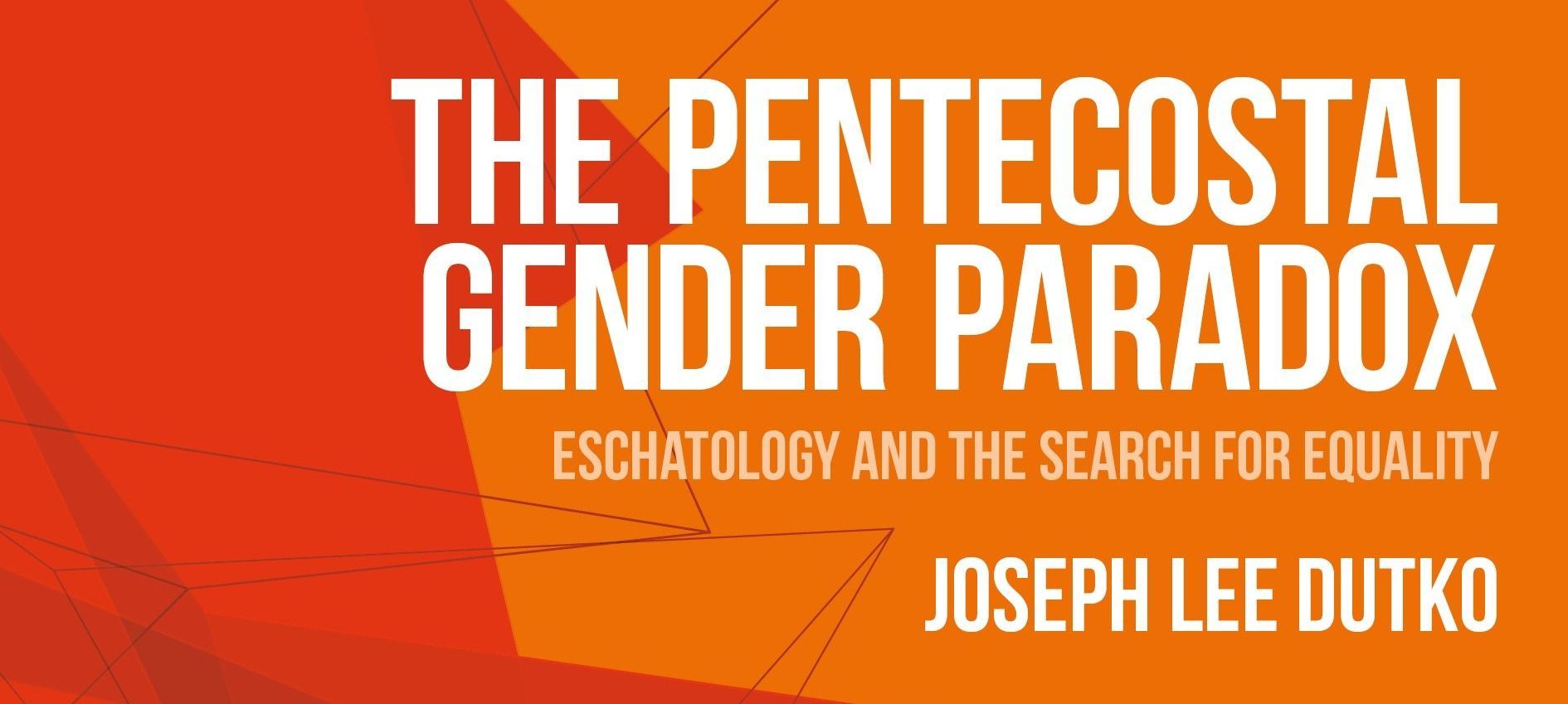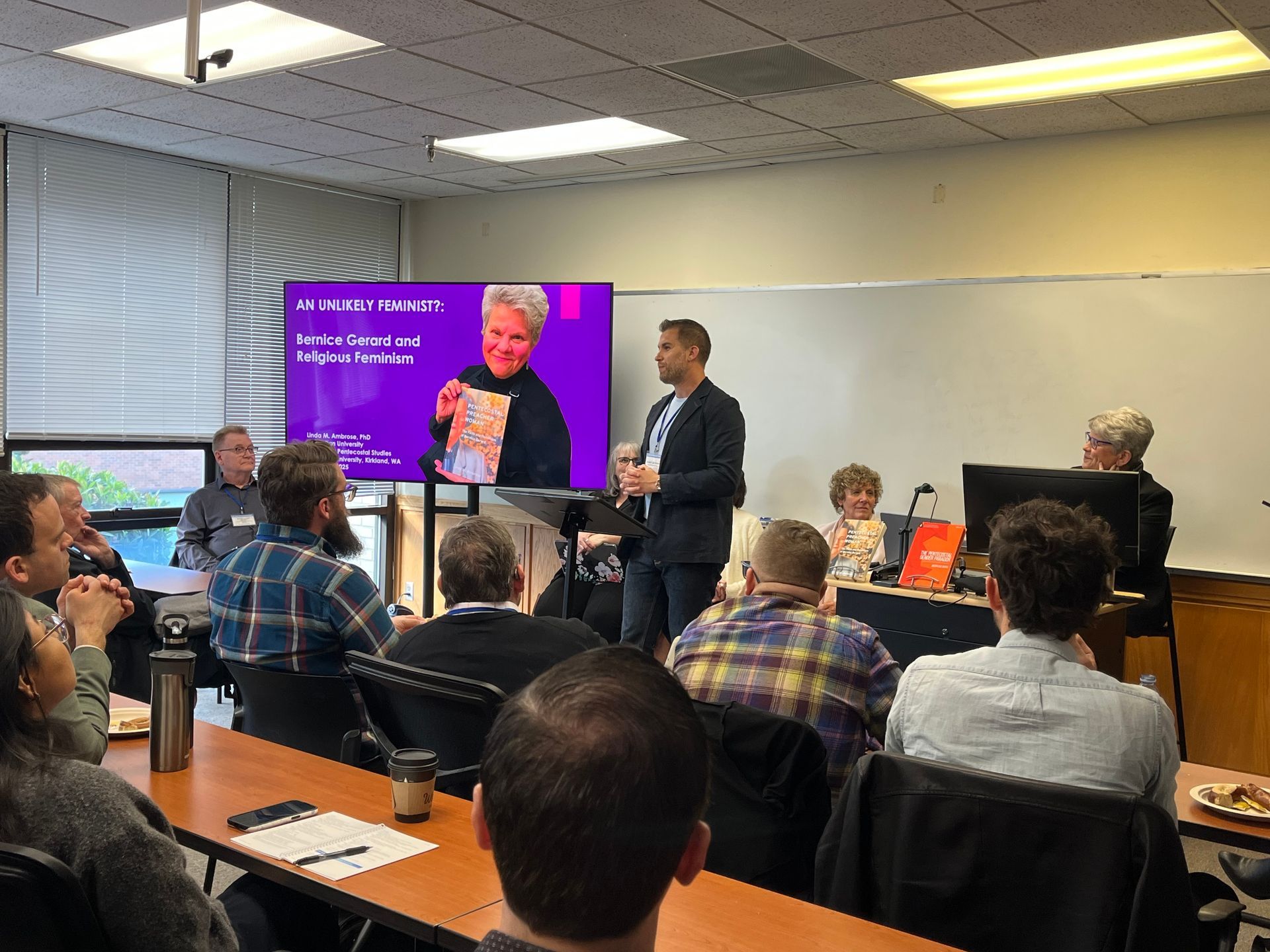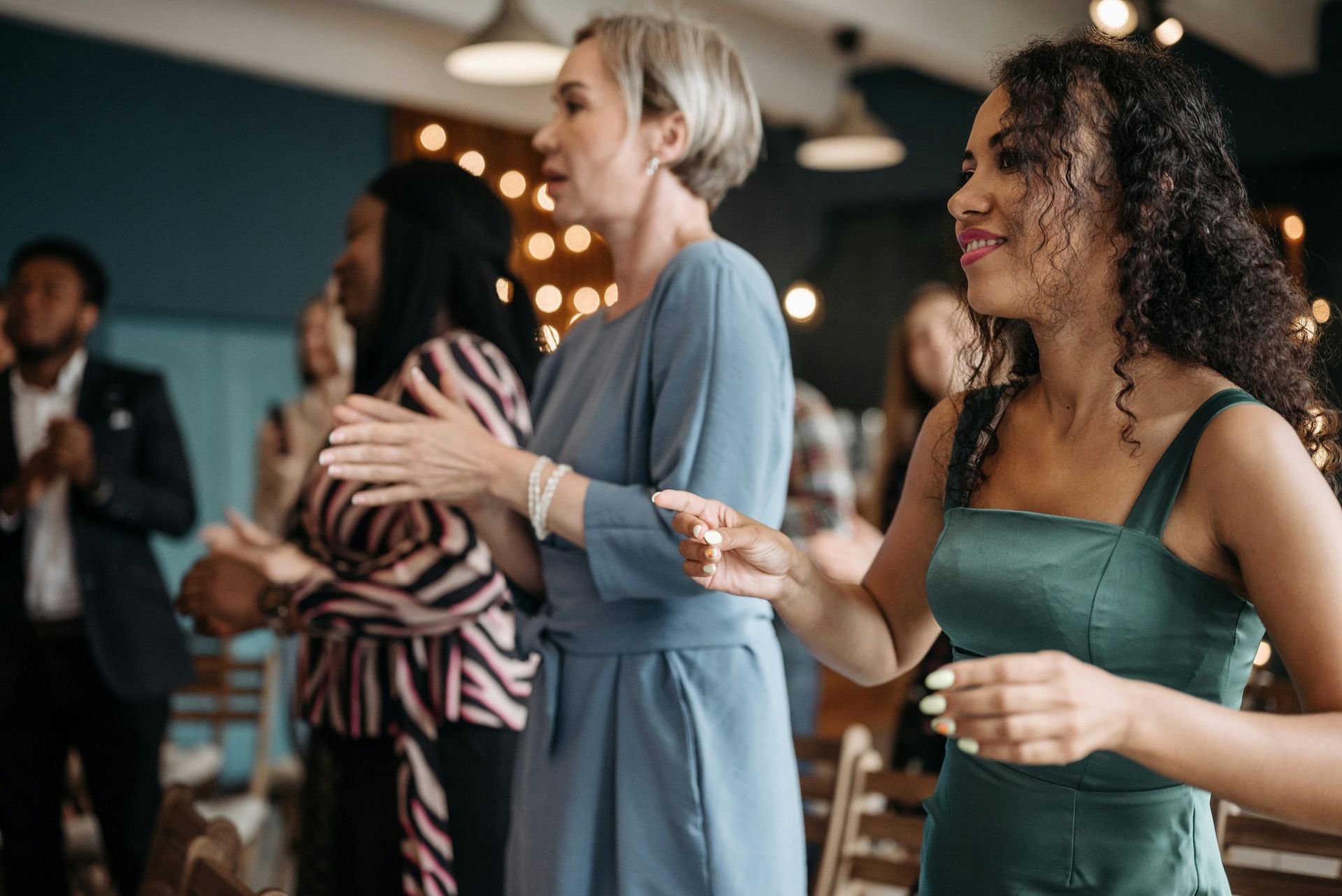How Many Women Are On Your Church Board?
More Than Token Representation is Needed
Likely more than half of your church congregation is made up of women.
And yet it is not uncommon, even in churches that are affiliated with supposed egalitarian denominations (like the PAOC or A/G), to find a church board (or "council") composed entirely of men.
I sat in Pentecostal churches for years that preached the message of equal Spirit-empowerment of "both men and women" (Acts 2:18). But apparently that message didn't apply to church boards, as I only ever witnessed deacon or elder boards composed entirely of men, or perhaps with one "token" female representative.
Before sharing our current church's story, here are four common reasons women are underrepresented on church boards.
1. "We'd be happy to have a woman on our board, but that's not who the people nominate or vote in, so there's nothing we can do about it."
If it's important to you or the church, do something about it! Change your policy, change your way of nominating or voting, change your church constitution--do what needs to be done.
Many churches, at least in the fellowship I'm a part of, have recently moved to either a hybrid system of congregational voting and pastor or council nomination, or brought the decision completely within the church council.
The hybrid system allows the congregation to nominate and vote for half the board members, and then the other half are appointed by the current church board. This allows for the board to fill any gaps, whether gender, age, longevity in the church, etc. (a healthy board should have young and old, men and women, and both newer and veteran people from your congregation if they are to be a proper representation).
The other option brings the nomination process completely within the current board and then a list of names are submitted to the congregation for ratification.
A number of years ago we did the hard work of changing our constitution to ensure we could have proper and equal representation on our church board. It's doable, but in some situations will take some courage and boldness to make it happen.
2. "Women are too emotional"
You might think that surely I'm not serious that people still say this. I wish it weren't true, that I hadn't ever heard this or don't hear it. But unfortunately this is still the thinking of some male pastors or men in leadership.
Not too along ago I had a male lead pastor say to me somewhat proudly concerning his supposed "openness" to women being on the board: "I don't mind having women on my board, I just ask that they not let their emotions get in the way of their decision making."
What!? Have you ever been in a church board room full of men? I've seen plenty of emotions get in the way of decision-making. I've seen grown men get red in the face yelling at each other, standing up and shouting, needing to be physically separated from each other, and walking out and leaving in the middle of a meeting out of anger. But yeah, we gotta be careful that we not let too much female "emotion" on our church boards.
The other side of this is assuming emotion is bad. Everyone uses emotion as a part of decision-making; God has made us that way. The key is healthy emotion.
3. The Double Standard
As I'll explain below, in my current church we've had several years where we've had an all-female board, and normally a majority female board.
What always gets my attention is that when there's exclusively women on the board, there's almost always people that comment that "we need a male presence on the board." It feels not quite right or normal to them to have all women at the table of decision-making.
It may be true that a male voice would be good in those situations, but what strikes me as odd is that when there's an all male church council, it doesn't seem as big of a problem anymore that only one gender is represented. It feels more normal to people. We are simply still more comfortable with all male leadership than we are or would be with all female leadership.
4. Token Representation
As I say in The Pentecostal Gender Paradox, "Church leadership and decision-making must include the equal voice of women and men if it is to be an eschatological community. So-called 'token representation' of women is not the goal, but full and equal participation in church leadership."
Too many organizations are satisfied or feel their work is done in creating an egalitarian culture when a woman (or two) is added to the table. But this is just a small start toward the greater work that needs to be done.
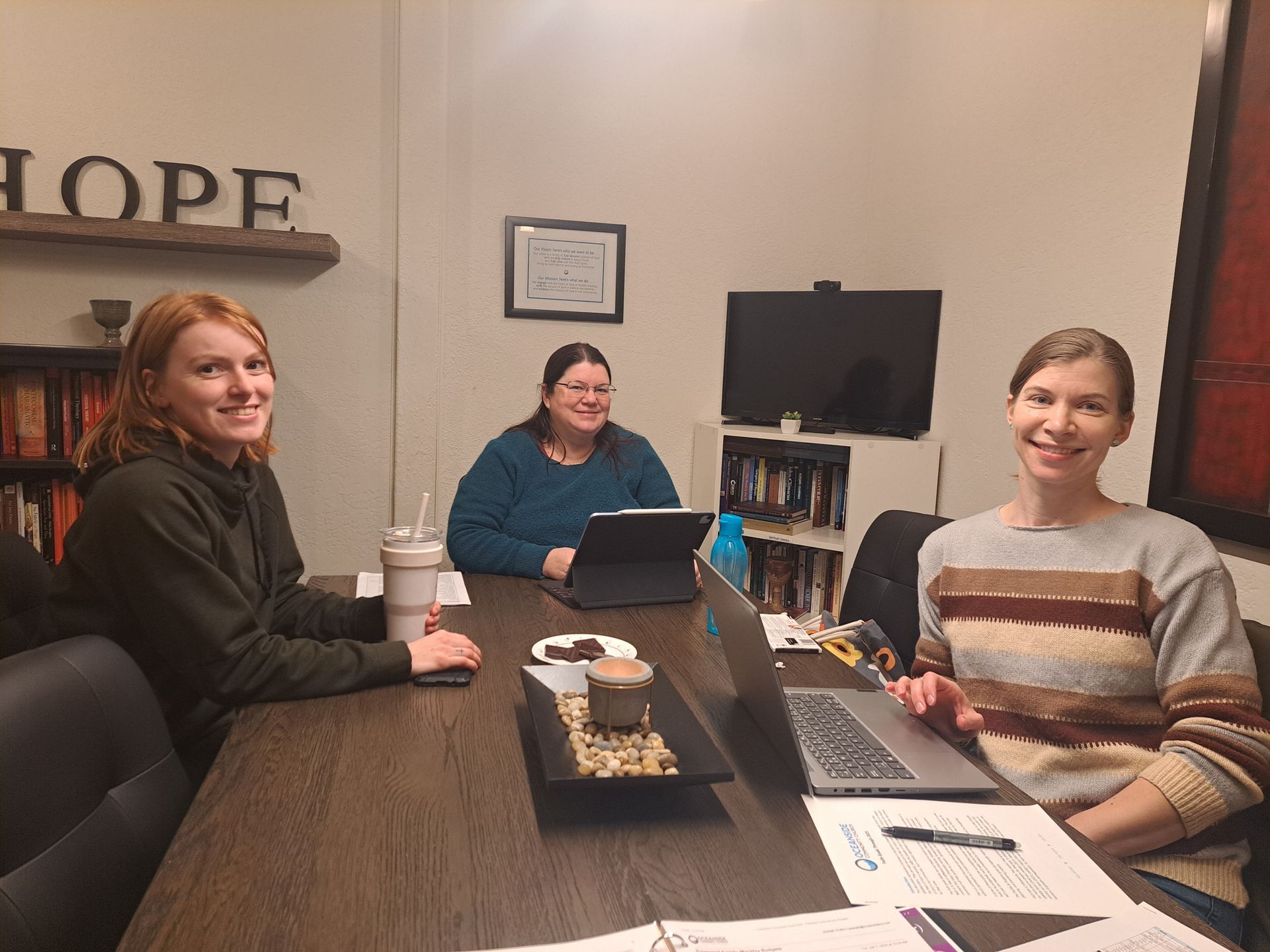
Our Story
In eight out of ten years at our current church we have had a majority female-led board, including some years with a council of all women.
In that ten years our church has grown from less than 50 people to a church that over 500 call home. Which means a lot of big and important decisions have been made, including major financial decisions, renovations, and almost annual hiring of new staff, and so on.
I attribute a lot of our church's health and growth to these women and their wise decision-making. I had never seen a majority or all-female church board before. Admittedly, even as a passionate egalitarian, it felt a little strange at first. But it should be no more unusual than the all-male church boards and leadership we've accepted for decades.
For more suggestions on women having equal voice and representation in local church leadership, see pages 206-214 in The Pentecostal Gender Paradox.
Pre-Order Sale!
PRE-ORDER THE PAPERBACK NOW and use code GLR AQ4 (with space) to get the book as low as $25 USD / $35 CAD!
RELATED POSTS:
"5 Steps Toward a More Egalitarian Church"
"Why are We Still Talking About Women's Equality in the Church?"
"What Do Women Leaders Need Most? Opportunity!"
NEWSLETTER SIGNUP (blog post layout)
ABOUT JOSEPH
Pastor, Author, and sometimes pretends to be a Scholar
Joseph (PhD, University of Birmingham) is the author of The Pentecostal Gender Paradox: Eschatology and the Search for Equality.
Since 2015, he and his wife have together pastored Oceanside Community Church on Vancouver Island, where they live with their four children.


